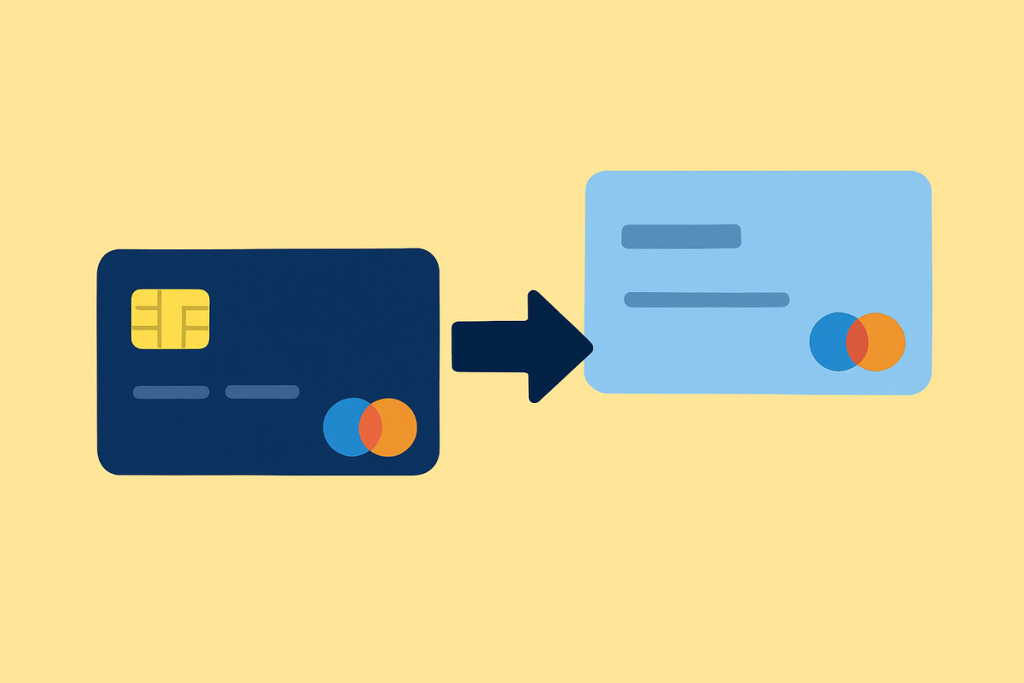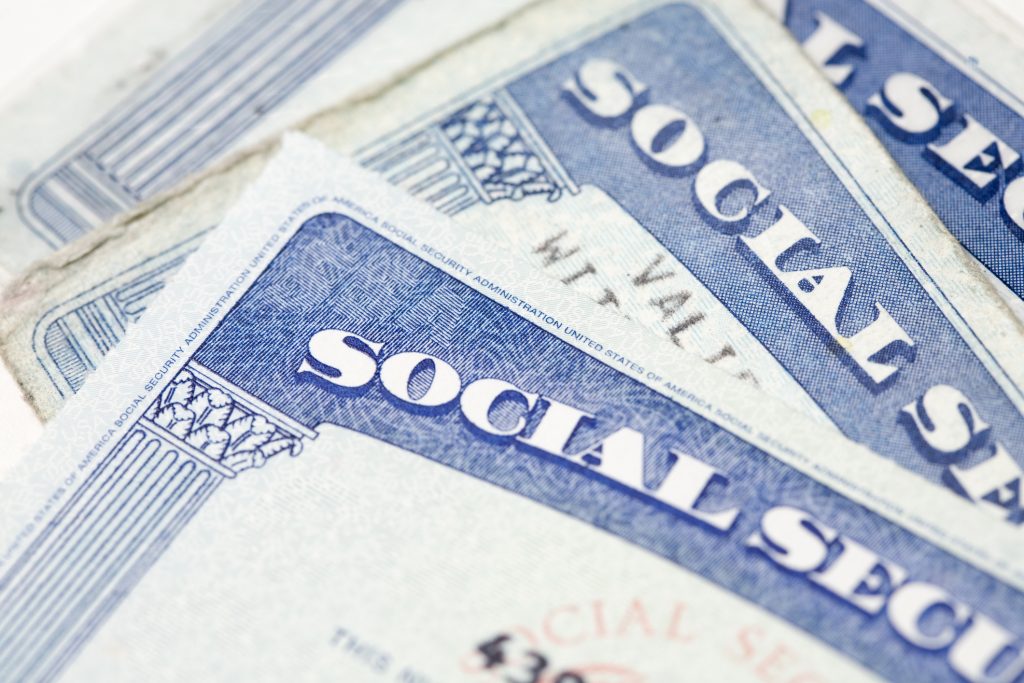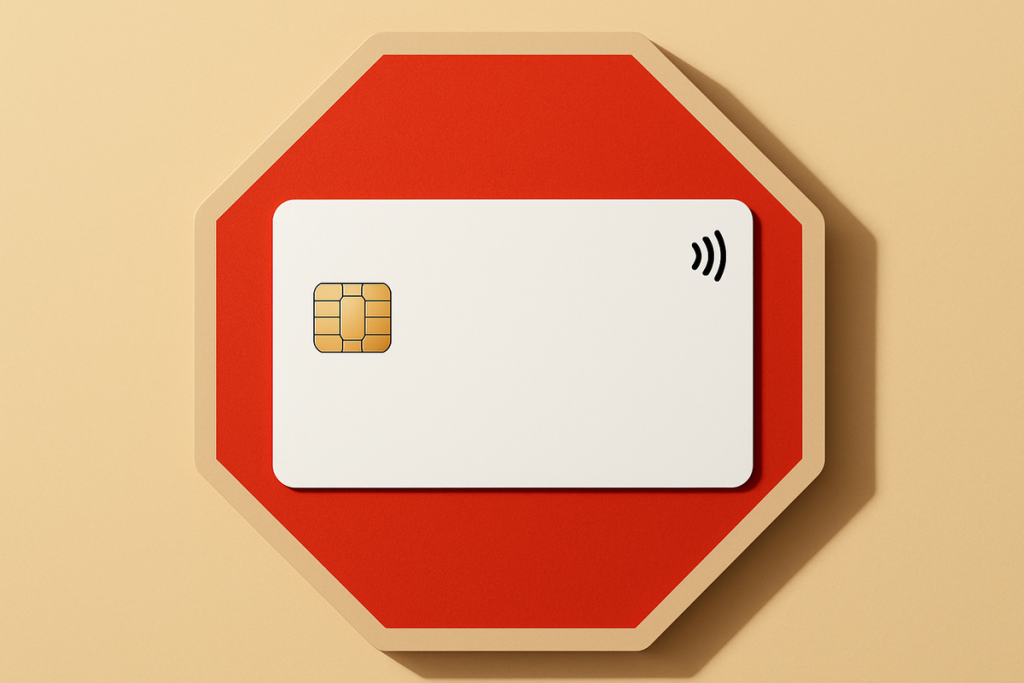
Image source: Getty Images
Your credit score is a number you may not give much thought to until you’re ready to borrow money, whether in the form of a mortgage, auto loan, or home equity line of credit. But it’s a number you should be paying attention to, since it could dictate whether you qualify for a new loan or credit card, and what interest rate you’re eligible for.
Experian, one of the three credit reporting bureaus, says the average U.S. credit score is a 715. Experian also categorizes that score as good, but not great.
You need at least a 740 to have a credit score that’s considered very good. And a score of 800 or above is considered exceptional.
If your credit score is lower than the average American’s, you may encounter difficulties the next time you try to borrow money. This isn’t to say you won’t get approved for a loan. But you may end up with an interest rate that’s higher than you want.
The good news, though, is that you can take certain steps to raise your credit score. And there are also steps you can take to keep yours in great shape if it happens to be higher than the average American’s already.
How to boost your credit score
To raise your credit score, you need to understand how that number is calculated. Your score is made up of five components:
- Payment history, which speaks to how timely you are with bills
- Credit utilization, which measures how much revolving credit you’re using at once
- Length of credit history, which measures the length of time your various accounts are open
- Credit mix, which consists of the different types of credit accounts you have in your name
- New credit accounts, which accounts for your recent loan or credit card applications
Of these factors, your payment history carries more weight than any other. So if you want to boost your credit score, be sure to pay all bills on time.
Second to your payment history, your credit utilization carries the most weight in determining your credit score. It’s best to keep your outstanding credit card balances to 30% of your total credit limit or less.
If you’re juggling multiple credit card balances, a good bet is to consolidate them. This might help you pay your debt in a timely manner and whittle it down sooner. Click here for a list of the best balance transfer credit cards so you can consolidate your debt today.
How to maintain your strong credit score
If your credit score is higher than the average American’s, give yourself a much-deserved pat on the back. But also, take steps to keep it that way.
Chances are, if you have great credit, you’re already paying bills on time and keeping your credit card balances low. But another thing you can do is keep long-standing accounts open, even if you’ve found better credit cards to use. If you cancel credit cards you’ve had for a long time, it could have a negative impact on the average length of your credit history, leading to a modest reduction in your credit score.
Also, aim to not apply for too many new credit cards at once. If your credit is great, you may be eligible for some of the best credit card offers today, including the top sign-up bonuses. But chasing too many of those in short order could cause a drop in your credit score.
Finally, whether you’re looking to improve your credit score or keep it in good shape, make a point to check your credit report regularly in case an error lands on it. You’re entitled to a free copy of your credit report from each reporting bureau — Experian, Equifax, and TransUnion — every week.
Of course, you don’t actually need to check your credit report every week, since that would be overkill. But make sure to review a copy from each bureau at least once every three months.
It’s important to compare your credit reports for accuracy because the information they contain may not be consistent. But if you spot an error that works against you, reach out to the bureau in question and work with it to get the mistake fixed. It could make a huge difference in your ability to borrow money affordably.
Alert: highest cash back card we’ve seen now has 0% intro APR into 2026
This credit card is not just good – it’s so exceptional that our experts use it personally. It features a 0% intro APR for 15 months, a cash back rate of up to 5%, and all somehow for no annual fee!
Click here to read our full review for free and apply in just 2 minutes.
We’re firm believers in the Golden Rule, which is why editorial opinions are ours alone and have not been previously reviewed, approved, or endorsed by included advertisers.
Motley Fool Money does not cover all offers on the market. Editorial content from Motley Fool Money is separate from The Motley Fool editorial content and is created by a different analyst team.The Motley Fool has a disclosure policy.
 marketbeat.com
marketbeat.com fool.com
fool.com benzinga.com
benzinga.com



